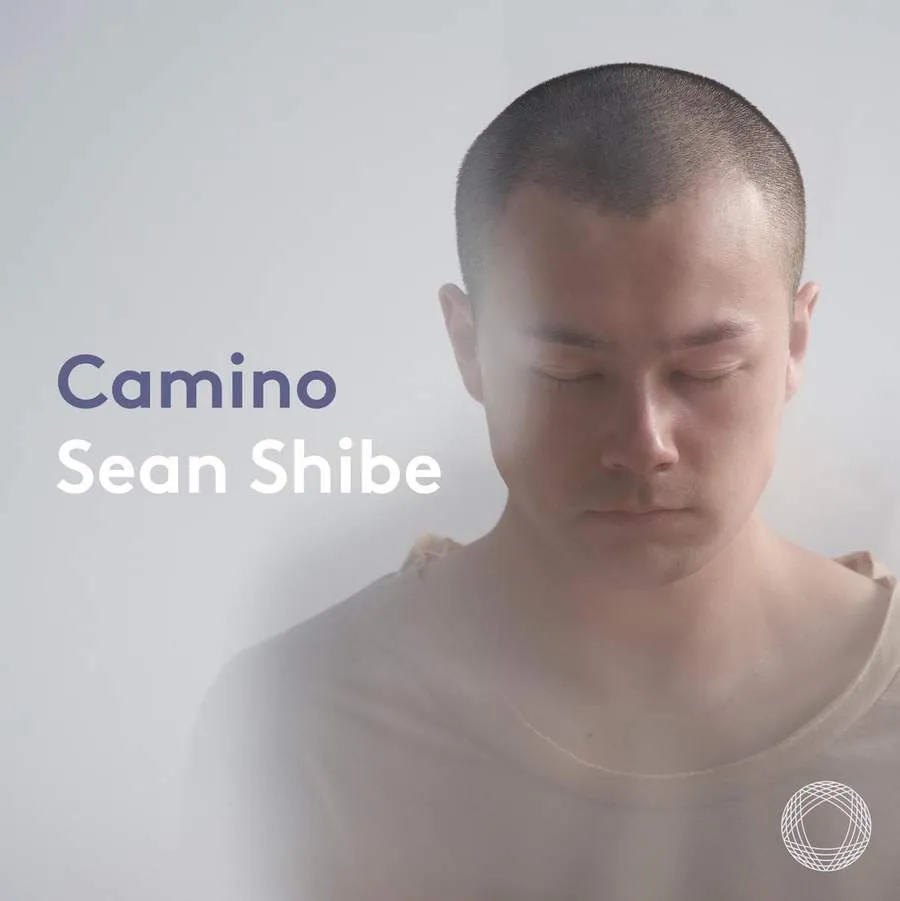
Camino Works by Falla, Satie, Mompou, José, Ravel and Poulenc Sean Shibe (guitar) Pentatone PTC 5186 870 56:20 mins
Whether Sean Shibe would have made this album or its kind without going through what he describes as ‘a difficult and traumatic’ pandemic lockdown is of course impossible to know. What’s certain is that his response has yielded results that are as exquisite as they are insightful. Seeking ‘comfort and sustenance’, he has delved deep into parts of the guitar repertoire too easily associated with a sentimentality and showy flamboyance towards which he has felt ambivalent since boyhood.
Camino emphatically eschews cliché, threading pathways between a range of familiar and lesser-known works, excerpts and transcriptions crisscrossing Spain and France from the 1880s to the 1960s. Six composers are lovingly represented in a programme which places Satie, Ravel and Poulenc astutely alongside Falla and Antonio José, tragically executed aged just 34 by Falangists during the Spanish Civil War.
At the heart of Shibe’s quest lies the ‘existentially humanist’ music of Catalan, Frederic Mompou. Vivid, beguiling and intensely intimate, his Suite compostelana offers both blueprint and guide for the musical-emotional pilgrimage signalled by the album title nod to Camino de Santiago, the ancient network of trails that lead to the cathedral at Santiago de Compostela, and to which Mompou’s Suite in part refers.
In Shibe’s hands it exudes a powerfully restorative combination of wisdom and childlike wonder that extends throughout the album in waves of colour, through singing lines and crisp, evocative rhythms.
A luminous simplicity is key: one which embraces equally the rapt strangeness of Poulenc’s Sarabande alongside Satie’s haunting Gymnopédie No. 1 and Gnossienne Nos. 1 and 3; the tender mourning of Ravel’s Pavane pour une Infante défunte and Falla’s Homenaje, pour Le Tombeau de Claude Debussy; the Andalusian flourish of Falla’s Danza del molinero; and the quiet vigour of Mompou’s Canco i dansa Nos. 6 and 10, balancing slow song with animated dances amidst echoes of medieval Galicia.
Each item – from tiny miniature to the six movement Suite – is packed by Shibe with subtle nuances informed by the programme as a whole. A striking example is Fallas’s Homenaje: its rhythms are so often invested with a kind of stiff and strutting aloofness, but here Shibe offers a refined reading that locates its strength in a vulnerability explored with eloquent candour.
It’s an approach that illuminates not just the individual composers but, with the lightest of touches, sites their music within a changing cultural landscape far greater than each: recalling a time when – as today – local tradition, urban modernity and national identity alike were challenged by enormous socio-political upheaval.
Most bittersweet in light of his violent, premature death is José’s Pavana triste. The third movement of a Guitar Sonata, through lyrical melody, piquant harmony and sudden, passionate surges, it shows a highly individual artistry long overdue wider recognition. Like the final Poulenc – yet occupying its own, wholly distinctive ambiguous world – it dissolves into the air with the sense that there will always be more questions than answers.
Steph Power
